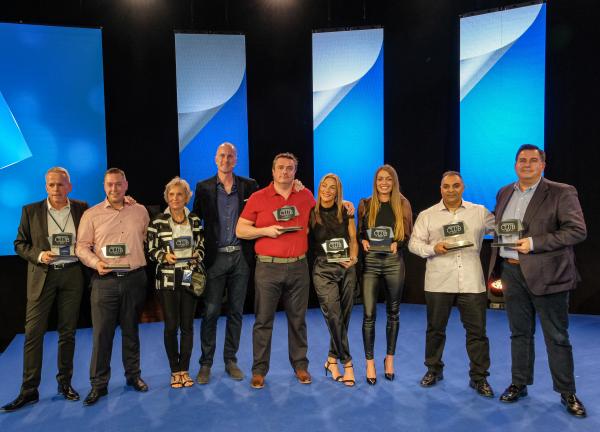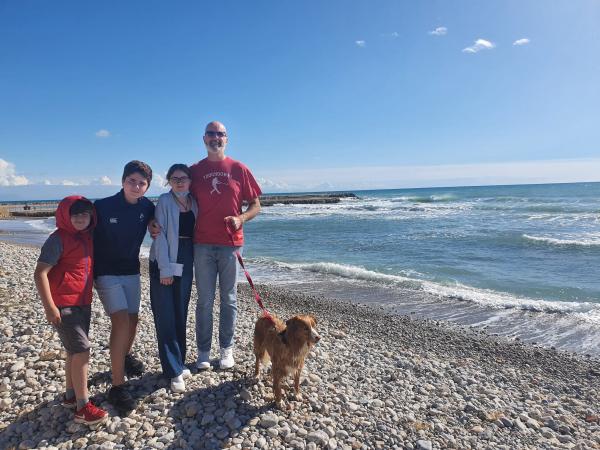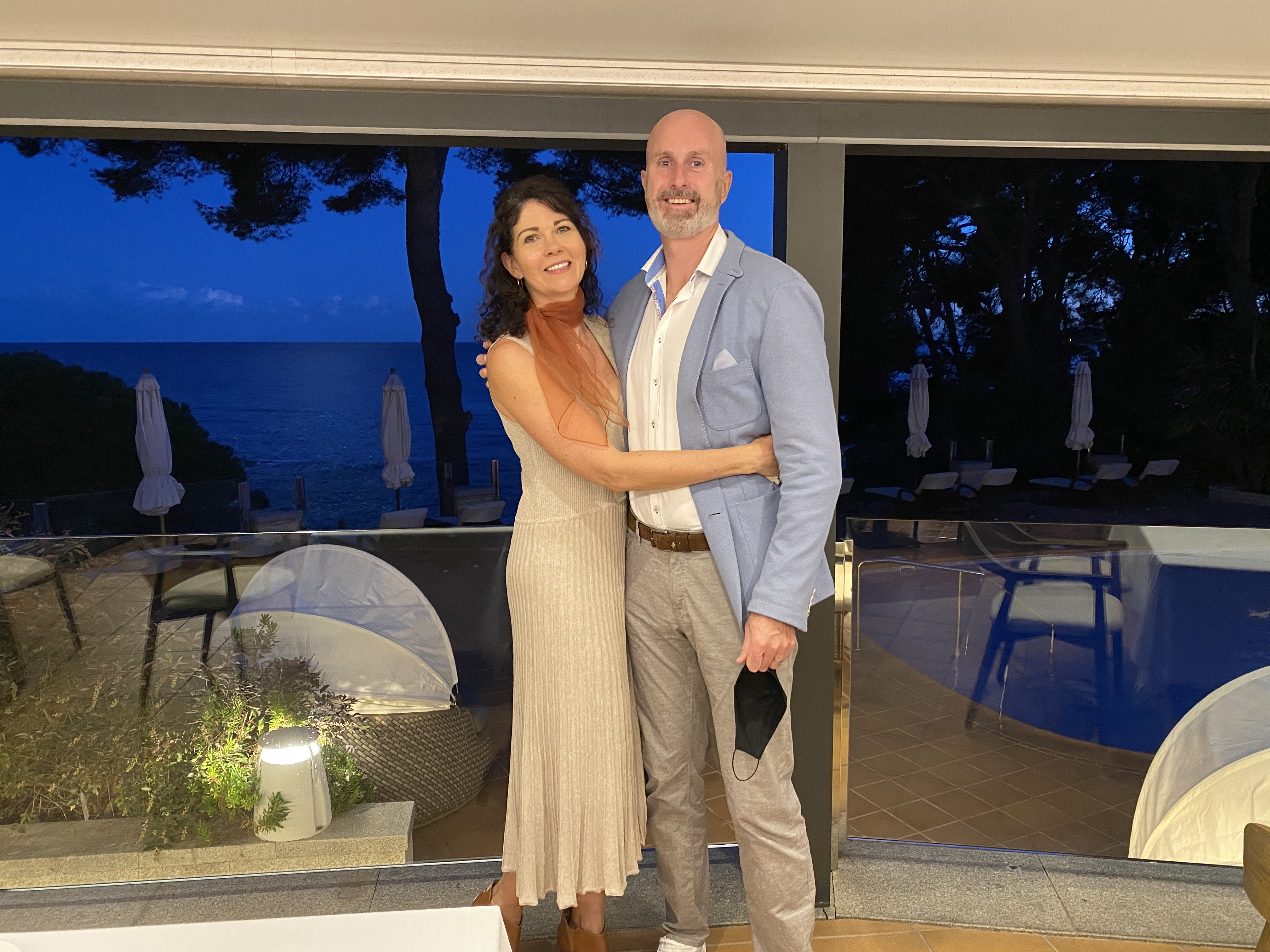One week. That’s how long it took Darragh Tolan to realize he wanted to make his new job at Boston Scientific a lifelong career.
“It was the culture. Everyone was focused, empowered and dedicated to creating life-changing solutions and improving patient care around the world, and that was something I wanted to be a part of,” says Darragh.
Two decades later, Darragh leads a team of about 250 as the vice president of the Boston Scientific Endoscopy business in Europe, the Middle East and Africa (EMEA), and company culture continues to be one the most important aspects of his job. “I’ve realized that a rich and productive company culture relies on consistent diversity and inclusion work,” says Darragh. “Strong leaders lift people up, and if I want to create the same empowering work environment that I have experienced, I need to focus on being an inclusive leader.”
Darragh fervently believes that inclusion is not a spectator sport: “if you see something happening that’s not right, don’t be a silent bystander. If you don’t speak up and act, you’re doing a disservice to yourself and others.”
Putting Values into Action
Throughout his career, and as the co-sponsor for the company’s Diversity, Equity (DE&I) and Inclusion Council in EMEA, Darragh witnessed the value of diversity and prioritized incorporating broad perspectives, backgrounds and experience in building his team in Endoscopy.
“I wanted my leadership team to reflect the diversity of the communities we serve, including more women and people from different countries, races and backgrounds. Taking a holistic approach was not only the right thing to do, but also set up our business for long-term success.”
The strategy is paying off. In the last few years, sales growth has been strong and the team has proved resilient through COVID-19.
A Lesson in Allyship
He suggests that men should ask more questions, seek women mentors and create more space for diverse representation at the decision table. “Education is the cornerstone of allyship.”
For example, Darragh references the well-documented “confidence gap” and the differences between how men and women may self-promote. “If a role opens, a man with 50 to 60 percent of the skillsets or competencies needed is more likely to go for it than a woman, even if she has 90 percent of these skillsets. Recognizing these situations and taking the time to understand why women are less likely to self-promote is one way I’ve learned to be a better ally.”
Recently, Darragh noticed that a colleague from another division did not apply for a senior-level position. “I knew she was qualified, so I asked her why she didn’t go for it. She explained that she wasn’t sure if she was ready, but after talking through it together, she decided to raise her hand—and got the job.”
Over the past year, Darragh spent his time leading much of the region’s response to COVID-19, which he likens to an “mini-MBA” in crisis management. Despite the profound responsibility of this role, he considers a presentation he gave on behalf of the EMEA region’s Women’s Network amid these challenges to be a personal highlight of 2020.
“This was the most important presentation I gave in 2020, so I really poured my heart into it. I wanted to create space for greater dialogue about how we can address the unique challenges and barriers women face, the real impact of DE&I, and how to be an ally and an advocate.” In the months since then, as women all over the world have been driven out of the workplace in record numbers due to the challenges of the pandemic, meaningful allyship at work has become more critical than ever. “I wanted it to have a big impact, I hope that it opened the door for more conversations and encouraged others to become allies. The more I engage in these conversations the more I learn, and I think the person it had the biggest impact on was me.”


